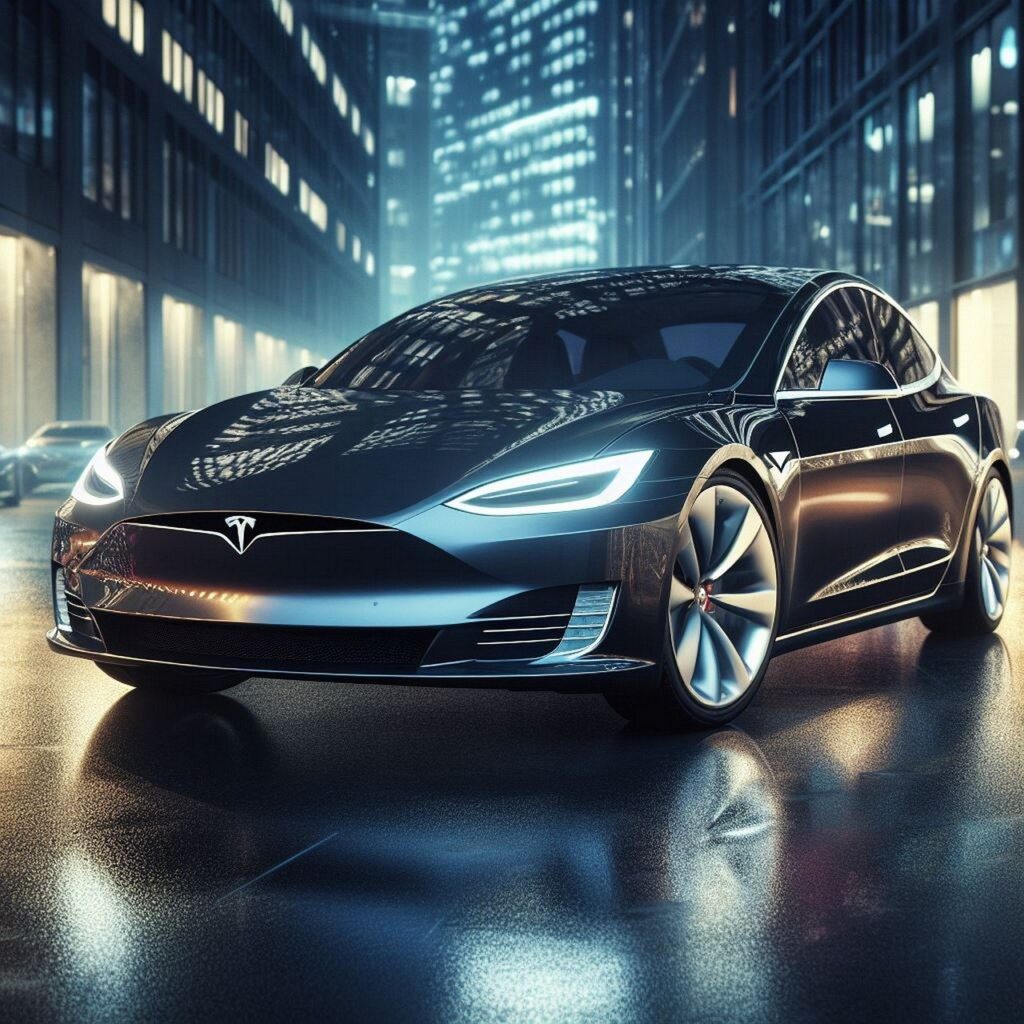Electric cars are safe! Based on crash-test performance and analysis of injury claims, electric cars are, by nature, safer than conventional cars (according to the Insurance Institute for Highway Safety).
Compared to gasoline vehicles, electric vehicles are more safe to drive and ride. According to National Highway Traffic Safety Administration (NHTSA) data, it was found that injury in a crash, involving an electric vehicle is much lower than that of a gasoline or diesel vehicle.
Electric vehicle motors do not require regular service. Thus providing an upper hand in terms of overall safety. They have a lower maintenance requirement, are less combustible and are lower on coalition test safety scores. Electric vehicles are more likely to pass a collision test more efficiently than gasoline vehicles.
Owing to the new technology, electric vehicles have a great advantage over gasoline vehicles. They have a wide range of safety technologies such as forward collision warnings with pedestrian detection, active lane correction, blind spot warnings and rear cross-traffic avoidance.
Battery
For any vehicle to function properly, the battery plays a very vital role. When we talk of electric vehicles, the battery is the main where the danger lies because it constitutes up to 40% of the vehicle by weight. Because of this electric vehicles are more prone to damage. So almost all electric car manufacturers are concerned about the safety of the battery. Hence, electric vehicle batteries are now coming with inbuilt fuses and circuit breakers that disconnect automatically when met with a collision. Tesla, Volvo and others (electric car manufacturers) are continuously working on improving the system.
The principle of battery is simple– they store chemical energy ready for conversion into electrical wherever necessary.
Battery is the main functional unit in electric cars and so to prevent it from explosion, certain measures have been taken by the manufacturers. Nowadays electric vehicles are provided with advanced cooling systems like a circulated radiator- chilled coolant and air cooling which help in the fast cooling of batteries. Also, the batteries in electric vehicles have steel case separation which separates the battery from other parts of the vehicle and thus helps in preventing explosion.
An electric vehicle battery, made up of a series of individual cells, covers a major area of the floor estate of the car.
A short circuit of the battery is caused both by overcharging and also when the battery is discharged. Overcharging creates pressure when excess energy is pushed into the cell. This in turn weakens the structure of the cell causing short circuits.
The lithium batteries found in electric vehicles are quite combustible, but the electric cars have no flammable gas and also the batteries are in sealed boxes. This cut down the oxygen supply thus preventing it from catching fire in the vehicle.
Electric Car Battery Charger
How the battery of an electric vehicle is charged is a major concern as per battery safety is concerned. So it is the responsibility and is also required of the charger manufacturers to stick strictly to the safety standards and ensure quality product chargers.
Car Crashes
Recent studies (Insurance Institute for Highway Safety) show that electric vehicles are as safe as gas-powered vehicles. It has been proved through studies that drivers and passengers of electric vehicles are more safer than those of identical conventional models. The heavy weight of electric vehicles’ batteries gives the car a lower centre of gravity. The heavy weight and design mean that electric vehicles can withstand crashes and also they are harder to flip.
Conclusion
The technology gives the advantage to electric vehicle safety. The credit goes to modern technology and that day is not far when all the roads and lanes will be ruled by electric vehicles. Electric vehicles, being much safer than gasoline vehicles, have an upper hand over them. With the increasing sale and use of electric vehicles, one day it will become the safest of all.

